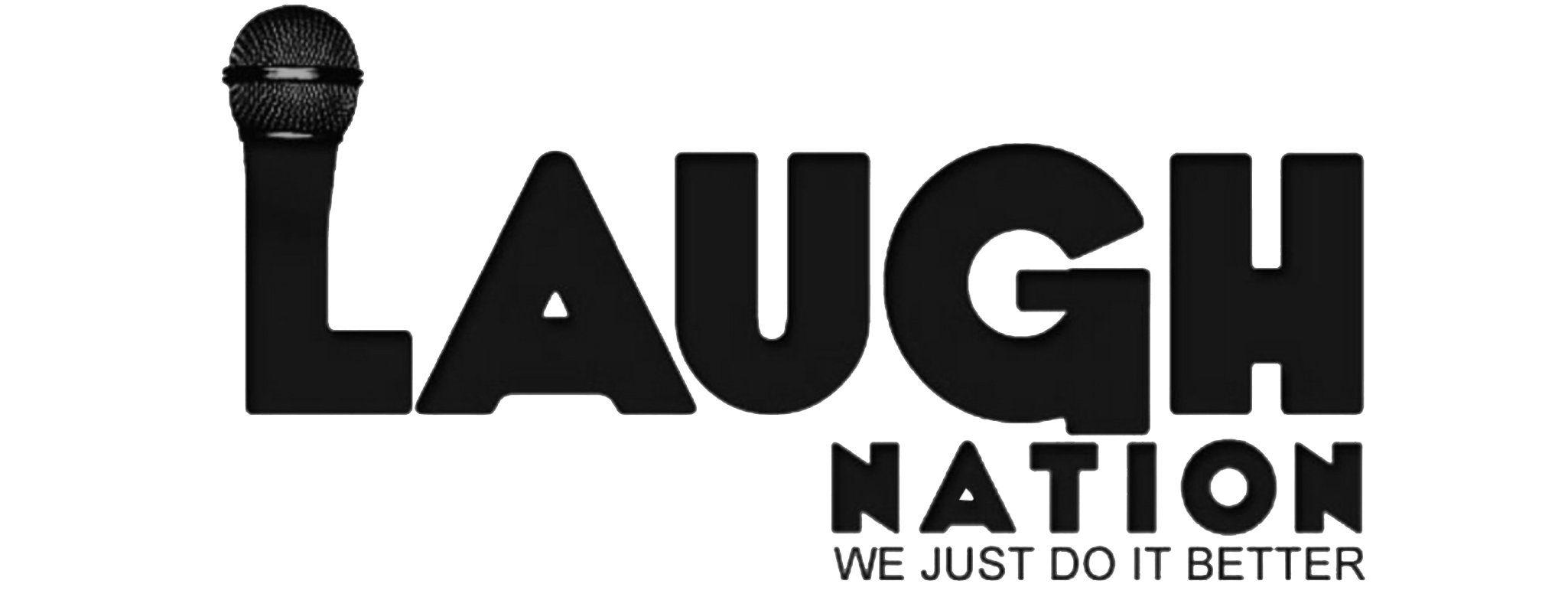Drake’s Lawsuit Mentioning Kai Cenat: What You Need to Know
In an unexpected turn of events, the entertainment world is buzzing about Drake’s recent lawsuit involving Twitch streamer Kai Cenat. The situation has sparked a whirlwind of reactions and discussions across social media platforms. Let’s dive into the details surrounding this drama and what it all means.
The Lawsuit Overview
Drake’s lawsuit against Universal Music Group (UMG) has surfaced, with allegations that UMG allowed various creators, including Kai Cenat, to monetize their reactions to his music without enforcing copyright claims. This lack of enforcement, according to Drake, has allegedly led to the spread of defamatory content while generating profits for both UMG and the creators.

Drake claims that this situation has raised concerns about his safety and has put him in a precarious position. The lawsuit specifically names creators like Kai Cenat, Ziz, No Life Shaq, RDC, Damon, and others, indicating that their reactions contributed to the alleged misinformation surrounding his music.
Kai Cenat’s Reaction
During a live stream, Kai Cenat was alerted by his audience about being mentioned in the lawsuit. Initially confused about the implications, he sought clarification on whether he was being sued or simply mentioned.

Cenat’s response was filled with disbelief and humor as he processed the information. He emphasized that he had not received any legal documents and expressed a casual attitude towards the situation, stating, “We’re not getting sued, bro.” His lighthearted demeanor reflects a common sentiment among content creators who often navigate the complex waters of copyright and fair use.
The Impact on Content Creation
This lawsuit raises significant questions about the relationship between artists and content creators. Many creators rely on reactions and commentary as a way to engage with their audience and contribute to the conversation surrounding popular music. The lawsuit’s implications could set a precedent for how future content is created and monetized.

As Cenat pointed out, the views and engagement from his reaction videos can lead to substantial financial rewards. His videos, especially those reacting to popular songs, have garnered millions of views, highlighting the potential benefits for both creators and artists when content is shared and discussed online.
What It Means for the Reaction Community
The reaction community has been thriving on platforms like YouTube and Twitch, with creators like Cenat leading the charge. However, this lawsuit could impose restrictions on how these creators operate. If artists begin to enforce stricter copyright regulations, it might stifle the creativity and spontaneity that characterize reaction videos.

As the situation unfolds, it’s crucial for creators to stay informed and adapt to any changes in copyright law that may arise from this lawsuit. The potential for a chilling effect on content creation looms large if artists feel their rights are being infringed upon.
Drake’s Position
Drake’s actions have ignited a debate about the balance between protecting artistic integrity and supporting the creator economy. Some fans and fellow artists have criticized him for targeting content creators who contribute to the conversation about his music.

Critics argue that Drake’s approach appears to undermine the very culture of sharing and discussing music that he benefits from. The backlash against him highlights a growing tension between mainstream artists and the digital content creators who help promote their work.
Conclusion
As we continue to monitor this developing story, we invite you to share your thoughts. How do you feel about the lawsuit? Do you think it will have a lasting impact on the reaction community? Let us know in the comments below!










